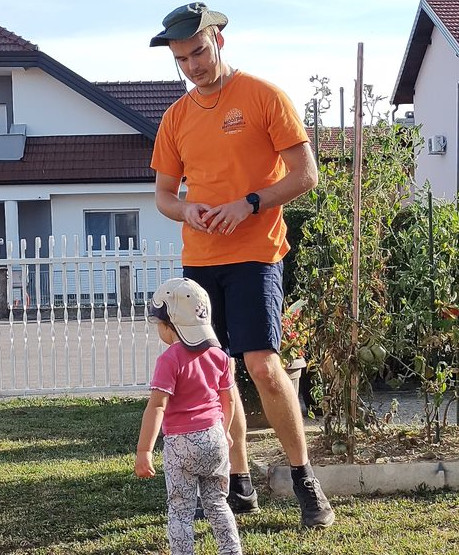In the workshop, students and the lecturer will discuss the ways in which statistics can be manipulated or misinterpreted in both scientific and non-scientific contexts. Common errors or biases that can arise when working with data will be highlighted. This includes cherry-picking results, using inappropriate statistical tests, failing to account for confounding variables, p-value hunting, etc. In the lecture examples of how statistics can be used to mislead or manipulate people will be provided, e.g. in advertising or political campaigns. Overall, the lecture will emphasize the importance of using statistics accurately and responsibly, and the importance of being aware of the potential pitfalls and limitations of statistical analyses.

Ivan Biočić is a mathematician born in 1993, in Zagreb. He spent his youth in Brckovljani, graduated from Gymnasium Sesvete, and secondary music school Elly Bašić in the class of Prof. Ante Čagalj, both in Zagreb.
In 2015 he got his Bachelor’s degree in mathematics, and in 2017 he got his Master’s degree in mathematical statistics, both at the Faculty of Science in Zagreb. During this period he received scholarships from the Rotary Club Sesvete, the Republic of Croatia, and the Adris Foundation, as well as rewards for best students and extraordinary success at the Faculty. In 2014 he attended the Modern Mathematics Summer School for Students in Lyon where he shook hands with J.H. Conway, thus becoming five handshakes away from J.C.F. Gauss (Gauss-Dedekind-Cantor-Russell-Conway).
From 2018 he works as a research and teaching assistant at the University of Zagreb, Faculty of Science, Department of Mathematics, where in 2022 he finished his PhD summa cum laude under the supervision of Prof. Zoran Vondraček with the topic Semilinear equations for non-local operators. During his doctoral studies, he visited many summer schools, workshops, and conferences. Among others, he gave a talk at the workshop Deterministic and stochastic fractional differential equations and jump processes at Isaac Newton Institute, Cambridge, UK. His scientific work resulted in three published articles thus far, two of which are solely authored.
In his free time, he enjoys spending time with his two little kids, playing sports – swimming, water polo, chess, and “Prvi karlovački desetoboj”, reading, and avoiding social media.